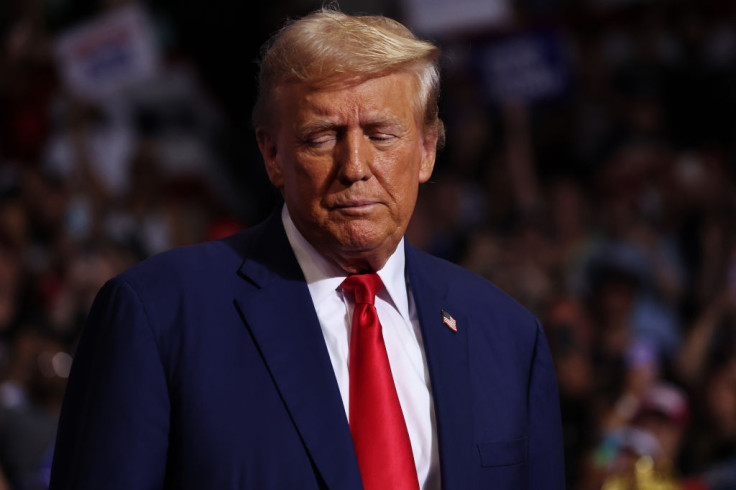
Former President Donald Trump's legal team on Friday proposed a court schedule for his federal election interference case that would postpone the legal dispute over whether the charges are covered by immunity until after the upcoming election. Additionally, they suggested delaying the start of a potential trial until well after the next presidential inauguration.
U.S. District Judge Tanya Chutkan has scheduled a hearing for Thursday to determine the future timeline of the case, which was initially set for trial in March 2024.
According to NBC News, Special Counsel Jack Smith proposed a significantly different trial schedule, urging the court to start reviewing arguments on presidential immunity immediately. His office indicated that this process will involve presenting new evidence related to Trump's actions.
However, Trump's legal team prefers to address other issues before tackling whether the Supreme Court's recent decision might render some of the charges against him irrelevant.
Although Trump's lawyers did not directly reference the upcoming election, their proposed schedule would effectively delay any new substantive arguments from the special counsel until after the election is completed. This timeline could help mitigate potential impacts on Trump's campaign and public perception during the voting period.
Trump faces accusations of attempting to defraud the American public and disenfranchise voters in multiple states. These charges are linked to his extensive efforts to overturn the 2020 election results by falsely claiming the election was stolen, which ultimately led to the January 6 attack on the U.S. Capitol. Trump has pleaded not guilty and denies any wrongdoing. He continues to falsely assert that the 2020 election was fraudulent and has begun to suggest that the upcoming election might also be subject to fraud that could prevent him from regaining the presidency.
The former U.S. president's sentencing on 34 felony counts in the high-profile hush-money trial, scheduled for September 18 in Manhattan state court, was already the subject of a motion by his lawyers to delay until after November's presidential election, where he is the Republican nominee, reported The New York Times.
A jury took less than 12 hours after the trial in May to conclude that he unlawfully attempted to influence the outcome of the 2016 election by paying $130,000 to Daniels to silence her about an affair.
If Trump wins the November election, he could potentially end the case against him before a trial takes place, as his appointees would likely take over the Justice Department in January.







